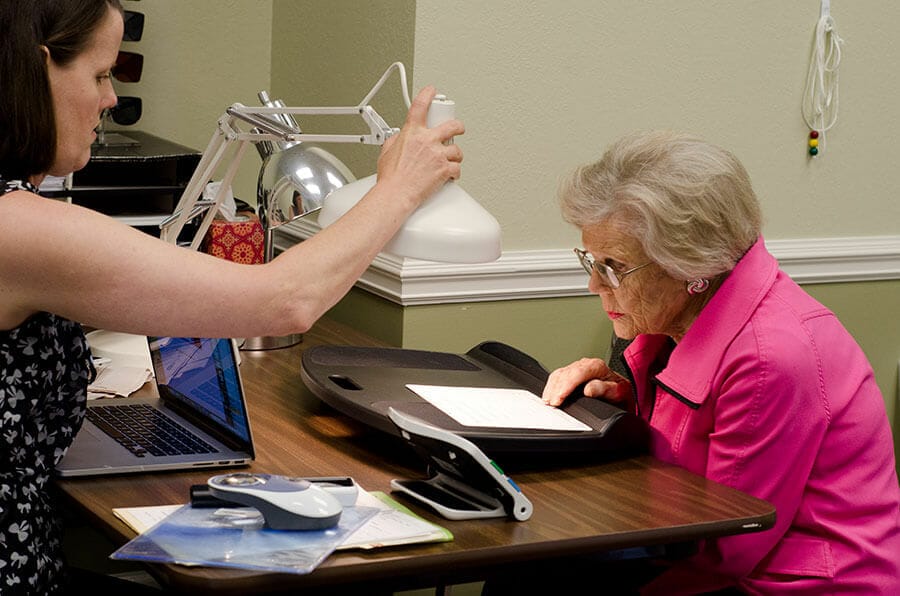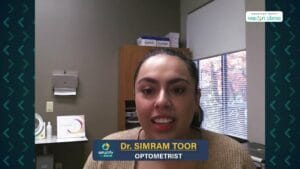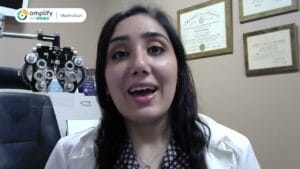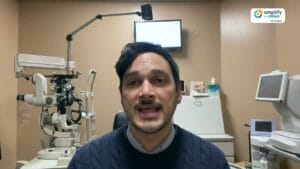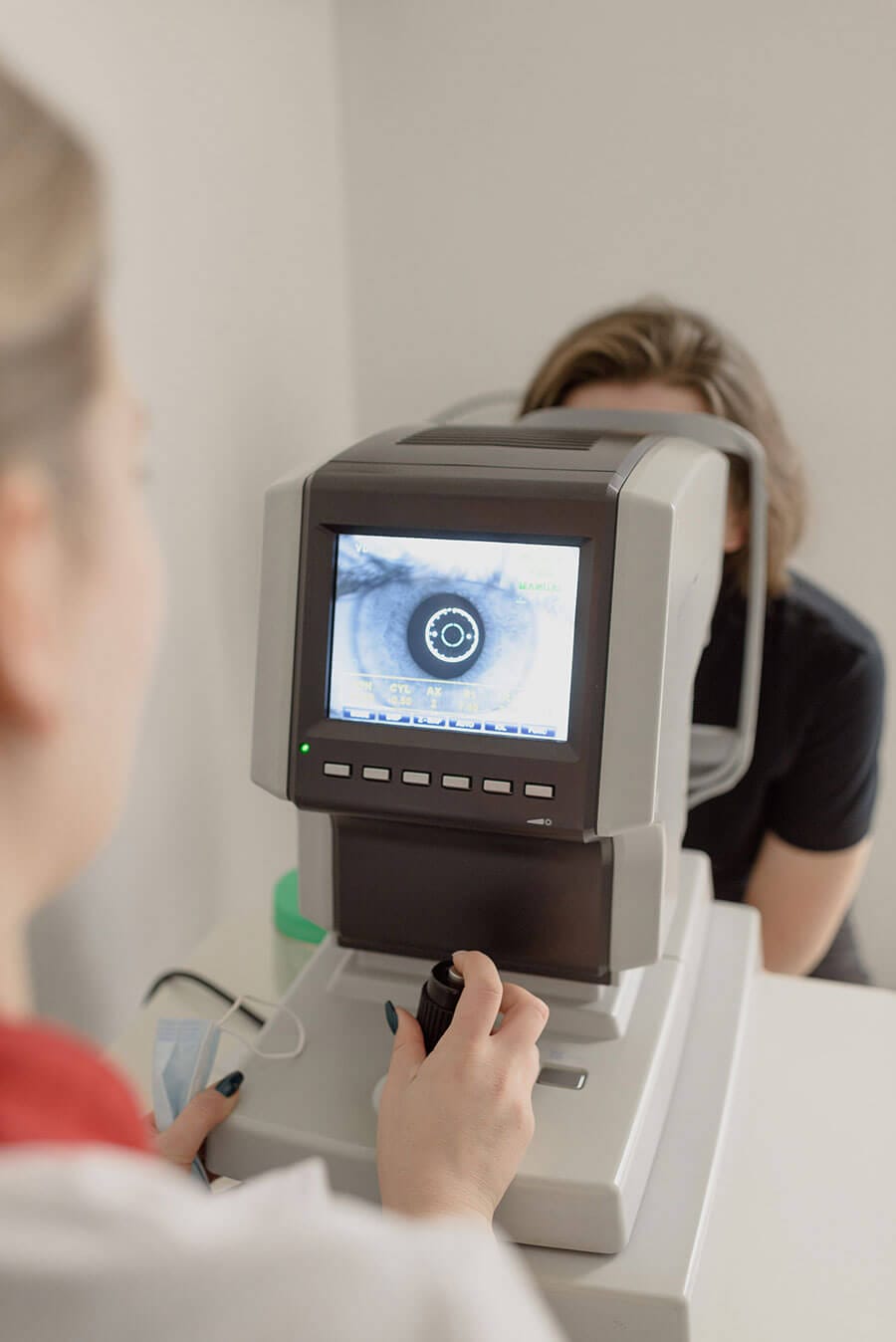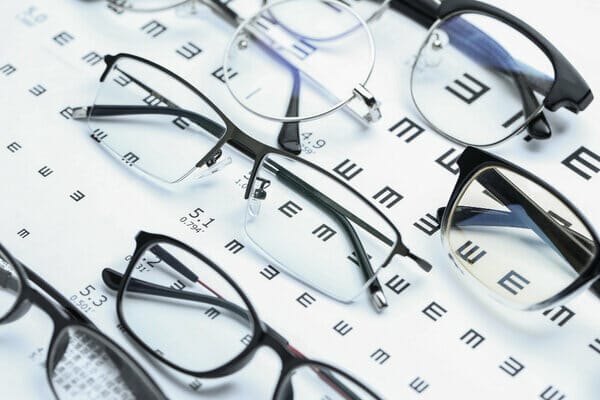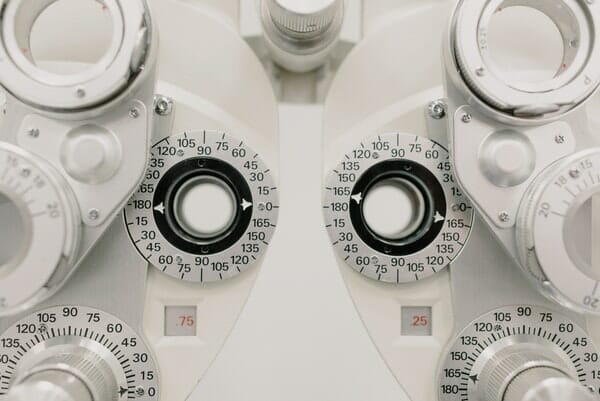Myopia occurs when light does not focus on the retina correctly. Myopia is caused by light focusing in front of the retina. The condition of presbyopia, however, is completely different from myopia. The physical change in the eye's lens causes presbyopia, not the way light focuses inside the eye. Presbyopia is the only refractive error that is mostly caused by aging, with most people over 40 reporting some degree of it. Myopia and presbyopia can coexist, even though they are totally separate issues.

